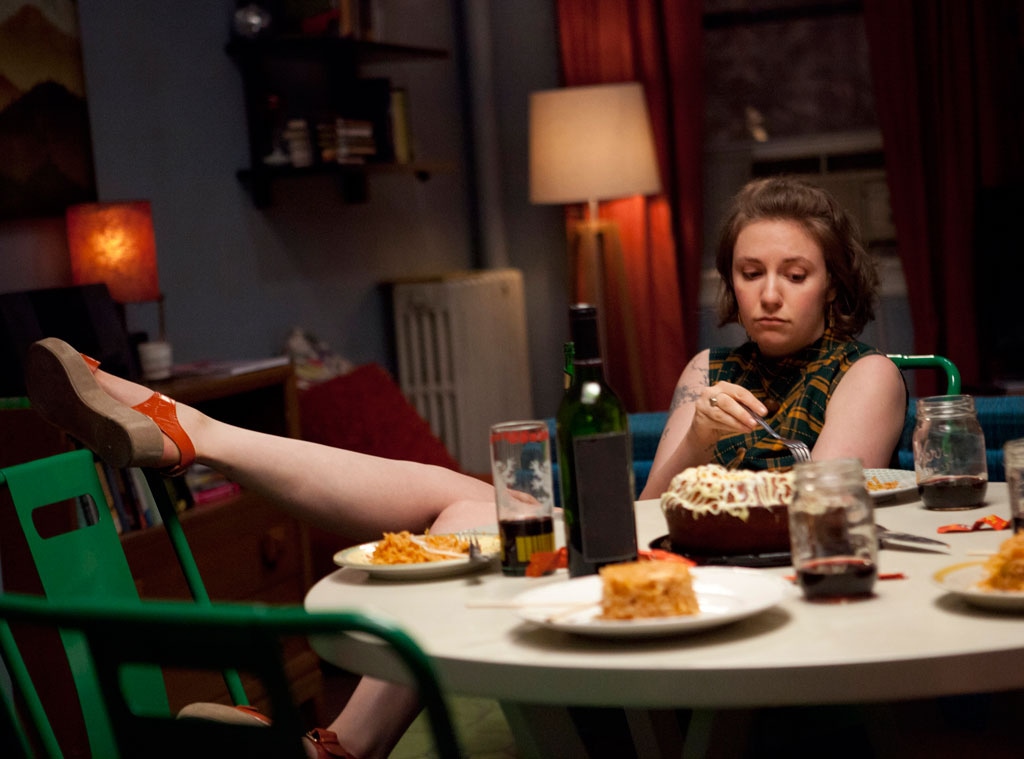 HBO
HBOLena Dunham did a Girls episode about OCD. Does she have it in real life? Is this a thing with celebrities?
—D. Call, via Twitter
Dunham has said that she has OCD, much like Hannah, the character she plays on Girls. A bunch of other celebrities reportedly have said the same thing: Megan Fox, Justin Timberlake, Jessica Alba and David Beckham.
All that said, there's probably a little bit of a misconception going on here. And it's about time someone straightened it out.
Want some more celebritiy OCD stories first? Sure you do.
Julianne Moore has told The Guardian that her OCD once led her to leaving her house at certain times so she would face more green lights than red. She says she later dropped the routine after having kids.
Alba has said that she used to unplug every appliance in her house, while Cameron Diaz has copped to using an elbow to open doors so she can avoid germs. Charlize Theron has shared similar troubles, telling an Australian radio program that "I have to be incredibly tidy and organized or it messes with my mind and switches off on me."
It all sure sounds like OCD, right? Well, maybe. Maybe not.
"The public often is confused regarding the distinction between obsessive-compulsive disorder and obsessive-compulsive personality traits," psychiatrist Dr. Dave Reiss explains. The latter is more like a hard-core perfectionism, while clinical OCD is much more disruptive to leading a normal life.
"A person with mild OCD may become very successful if they can reasonably control their symptoms to a minor level, but a full-blown OCD would tend to interfere with success," Reiss tells me. "When persons with OCD cannot act out their obsessions and compulsions, or realize that they are flailing or failing, without appropriate treatment, they are prone to disruptive anxiety and/or depression, at times to a dangerous degree."
In other words, Moore's obsession with lucky traffic lights likely wouldn't have been dropped so easily if she'd had full-blown OCD. We're more likely looking at an obsessive-compulsive personality trait.
"People with full-blown OCD are so likely to be disrupted by their symptoms that it is probably less likely to find true OCD among successful celebrities," Reiss said.
That said, you can bet that celebrities and obsessive-compulsive personality traits can go hand in hand.
"Some celebs definitely have obsessive-compulsive personality disorder," psychiatrist Dr. Carole Lieberman tells me. "It's useful to someone who is desperate for fame because it helps them be persistent in clawing their way to the top of Hollywood's A-list.
"In celebrities, rigidity and stubbornness can explain their 'diva attitude,' for example. And some celebrities' excessive devotion to work, to the exclusion of friendships, explains why so many end up lonely."
Well, at least Dunham has her two Golden Globes—and Jack Antonoff—to keep her company.